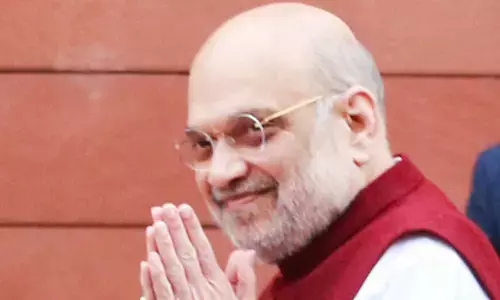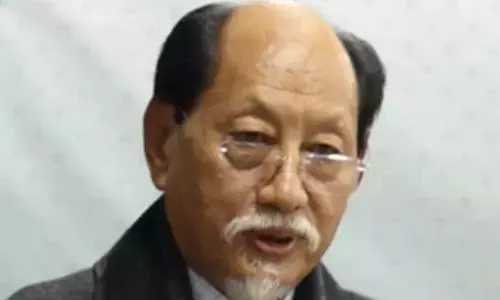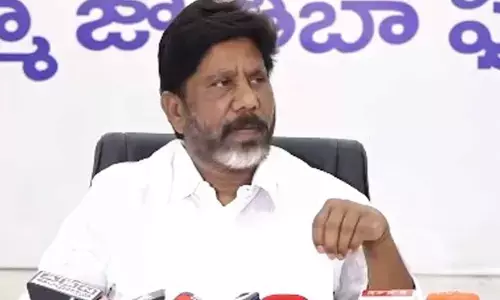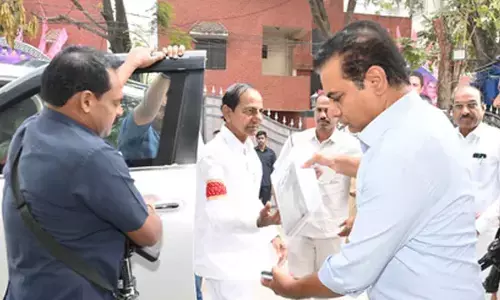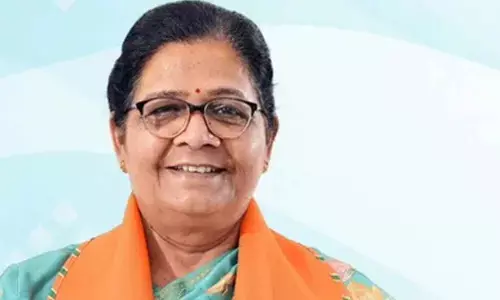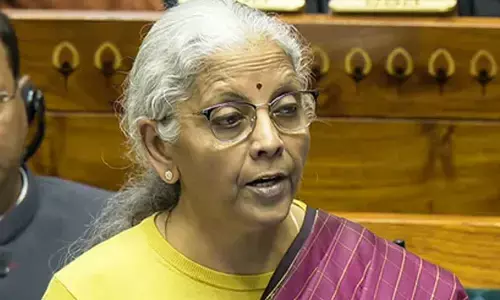End the stalemate
The mandatory rural service for junior doctors is only a temporary rural service. Why the government is not recruiting permanent doctors in rural hospitals who would certainly work with more commitment?
The mandatory rural service for junior doctors is only a temporary rural service. Why the government is not recruiting permanent doctors in rural hospitals who would certainly work with more commitment?
Over a month-long agitation by junior doctors has certainly affected the functioning of public health services. The bone of contention is the compulsory rural service for medical graduates. The mandatory rural service was introduced to ensure deployment of health personnel in underserved rural areas. The intentions are noble. Such mandatory service rules are not unique to us. The World Health Organization (WHO) literature suggests that mandatory service is practised in many countries.
But, the junior doctors are raising a pertinent point. The mandatory rural service is only a temporary rural service. Why the government is not recruiting permanent doctors in rural hospitals who would certainly work with more commitment? The mandatory service provision came into existence as medical graduates were not willing to work in rural areas even when permanent employment is given. Thus, the compulsory rural service was seen as an alternative in the context of demand–supply gap in the rural health sector. But, the argument is that situation has changed. If this is true, the present system can be amended. If it is not true, perhaps the compulsory rural service is essential to meet the needs of underserved population.
Three factors are cited to substantiate the argument that the situation has changed. First, the number of medical colleges has increased. The supply of medical graduates is adequate, if not more. Thus, the government can get sufficient number of people to work in rural hospitals if given permanent employment. Second, the in-service quota for post-graduation seats is also an incentive for medical graduates to take up jobs even if they are in rural areas. The government can also give weightage in appointment to permanent posts for those who have voluntarily gone for rural service. Such incentives would meet the objective of providing sufficient health personnel in underserved rural areas. The WHO study of nearly 70 countries reveal that incentives like those discussed above are more effective than compulsory service as far as meeting the needs of underserved population.
Providing permanent doctors rather than temporary deployment of medical graduates would also substantially enhance the quality of rural health services. The mandatory rural service is not to give rural exposure to medical students. It is only aimed at serving the underserved areas. In fact, courses in community medicine in medical curriculam are already designed to provide community exposure to medical students. Unfortunately, reports indicate that this is not properly utilized. Thus, there is a case for fresh look at the implementation of the scheme of mandatory rural service. The government with an open mind can appoint an expert committee to study the matter. The JUDAs can suspend their agitation till such a committee gives its report in a time-bound manner. The provisions of compulsory rural service can be suitably amended, based on such a committee’s recommendations in the best interests of rural population and the medical graduates.








